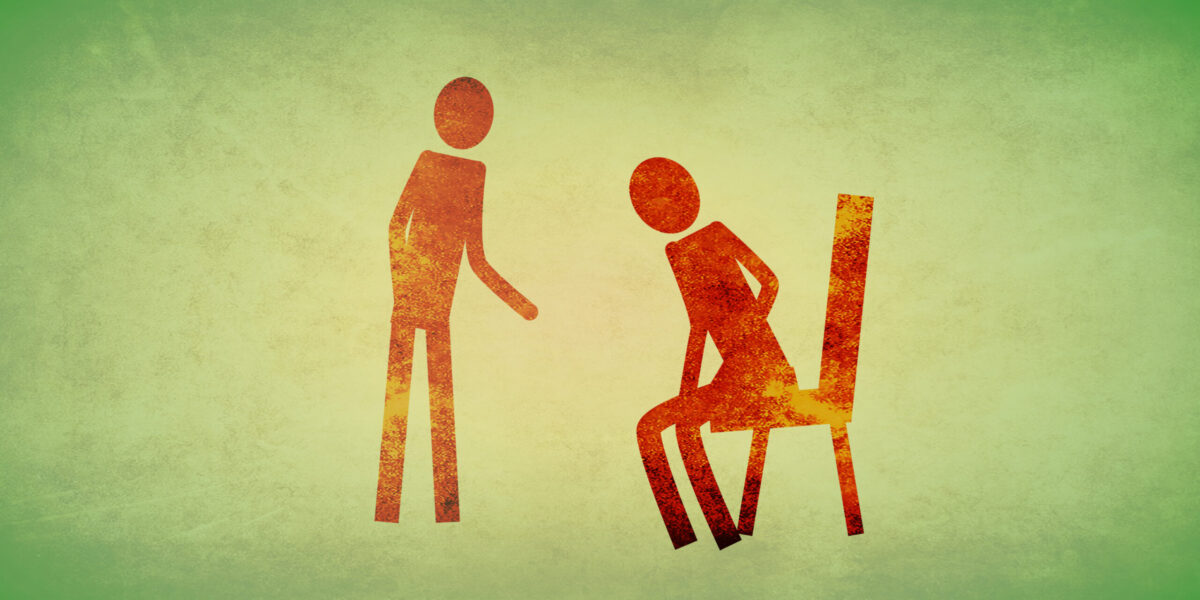"But a Samaritan while traveling came near him; and when he saw him, he was moved with pity."
—Luke 10:25-37
In Luke, we read the story of a Samaritan who encounters the aftermath of an attack on a traveler. The damage of fists and weapons and words has already been done. Sometimes, we encounter harassment without being able to intervene until after the fact. We may not be able to reach the victim because we are in a crowded space where movement is not easy. It could be that the incident happens quickly and we don’t have time to react while it is happening, or maybe we don’t feel safe engaging a direct or a distract response.
By telling the story of the Good Samaritan, Jesus makes it clear that even if we can’t help in the moment of crisis, we are still called to offer assistance. The Good Samaritan acknowledges there has been an attack, and he is called to aid the victim. He looks after the immediate needs of the traveler by getting the man to a safe place. The Samaritan bandages the wounds of the victim and checks back on him later.
This is the same response we can offer in the delayed tactic of bystander intervention. First, acknowledge there has been violence done. Studies have shown that merely approaching the victim after an incident of harassment and saying, "I saw what happened. It was bad. Are you OK?" reduces the long-term effects of harmful words and actions.
When Jesus told this story, he ended with a command to go and do likewise. By following up after an incident and helping the victim get to a safe place, or assisting in reporting the incident, we are fulfilling Jesus’ teachings.
Sometimes it is impossible to respond to harassment. An event may occur quickly, or you may be out of reach of where the attack occurs.
1. Tell the person who experienced harassment that you are sorry it happened.
2. Offer to accompany them or to provide a witness if they choose to report.
3. Ask if there is a way you can support them.
Small-group discussion
1. Does this feel like a strategy that you would feel comfortable using to help respond to harassment?
2. What might be some reasons people have for not delaying? Are there ways you can think of that might help push past some of those things that keep you from checking in with the person who was harassed?







